How Long Does It Take For Snapchat To Approve Ad

Horizon Forbidden West flying how to unlock Sunwing mount TechRadar
The following table gives some guidance on how long it takes to progress from one language level to the next. Level (CEFR) Level descriptions. LESSONS needed per level. WEEKS needed. (20 lessons per week) WEEKS needed. (2 lessons per week) LESSONS needed from beginner level.
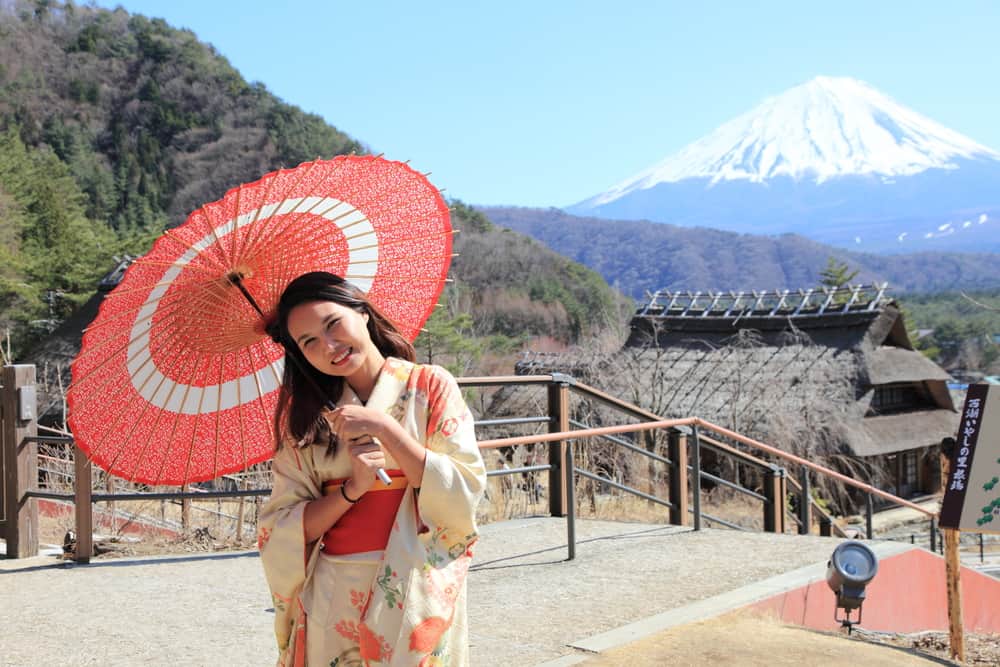
How Long Does It Take To Learn Japanese? An Honest Answer! Team Japanese
Although sometimes N1 is required. The official amount of time it takes to learn Japanese to N2 (and pass the exam!) according to The Japanese Langauge Learning Center is 1600-2800 hours if you have no prior knowledge of kanji. If you do know kanji the time it takes to learn Japanese to the N2 level is 1150-1800 hours.

How Long Does It Take To Learn Japanese? An Honest Answer! Team Japanese
The common consensus states that it typically takes anywhere between 70 and over 1100 hours to learn conversational English. The time really depends on the level that you want to reach. Needless to say, the reason the range is so wide is that the question of how long it is a complicated one and the answer can vary depending on a variety of.

How Long Does It Take To See Results from Digital Marketing with Joe
The Cambridge Companion to Modern Japanese Culture; Tobira Textbook-Gateway to Advanced Japanese Learning through Content and Multimedia; Happy Reading! Don't forget to check back next week for more tips! References. Do Carmo, I. (2019, January 22). How long does it take to Learn JAPANESE: Beginners Timeline. The Mimic Method. https://www.

How Long Does It Take to Hike 10 Miles?
N3 is a bridging level between N1/N2 and N4/N5. In the past, when the old proficiency system named "kyu" was in use, The Japan International Cooperation Agency announced the amount of time that a beginner has to spend in studying to pass a particular level : 4kyu ~ 150 hours - 3kyu ~ 300 hours - 2kyu ~ 600 hours - 1kyu ~ 900 hours.

How Long Does It Take For iOS 15 To Install CellularNews
If we are able to put in 10 hours a day to learn a language, then basic fluency in the easy languages should take 48 days, and for difficult languages 72 days. Accounting for days off, this equates to two months or three months time. If you only put in five hours a day, it will take twice as long. Most of us don't have 10 hours a day to spend.
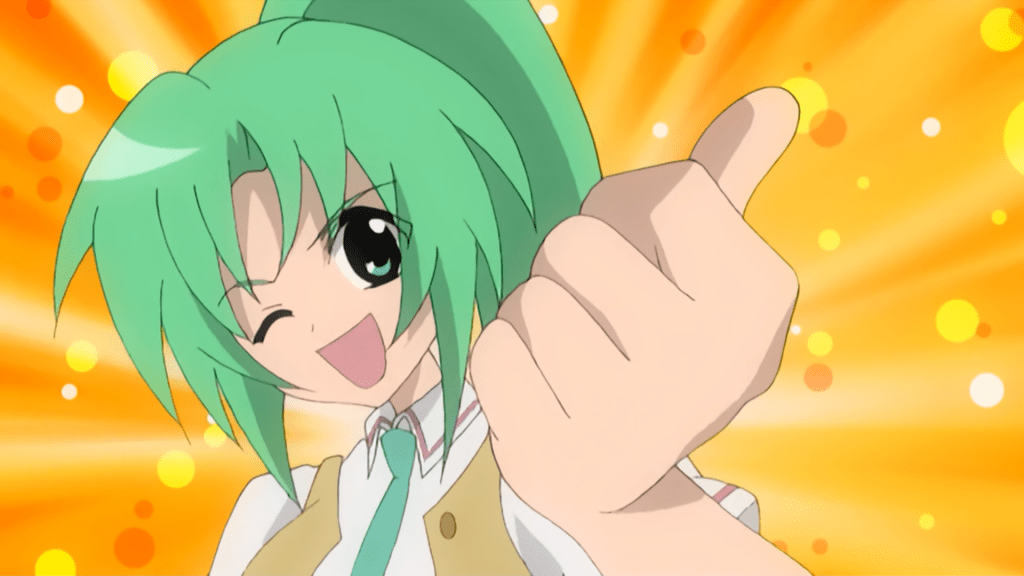
How to Start a Career in Anime 3 Tips to Boost Your Resume
How Long Does It Take to Learn Japanese? Typically, it takes 600 to 2,000 hours of dedicated study to achieve proficiency in Japanese, depending on your learning abilities and how much effort you put in. However, don't take this as a hard and fast rule - everyone's learning experience differs.
Gemini exchange is giving away 20 in Bitcoin for taking a 3 question
How many months will depend on the job you're looking for. Working through our Data Analyst in Python course path, for example, would get you ready to apply for jobs as a Data Analyst. Most learners take at least three months to complete this path. To be clear, though, you could spend a lifetime learning Python.

How Long Does It Take To Tune Up An AC Unit?
Basic Comprehension: 6 Months. If you know fewer than 200 words, you're in the pre-beginner stage. You probably know basic Japanese greetings like kon'nichiwa (hello), arigatō (thank you), and sayōnara (goodbye). You should also learn how to count 1-10 in Japanese. At this level, you may not believe you're very far along, but you know.

From Beginner to Fluent How Long Does it Take to Learn Japanese?
One of the best ways to learn Japanese is by listening to podcasts, which are audio files you can download from the Internet. Here are some of them that I recommend you to listen: JapanesePod101 - It is one of the best podcast series for learning Japanese. It provides almost three thousand audio lessons and video tutorials with a clear.
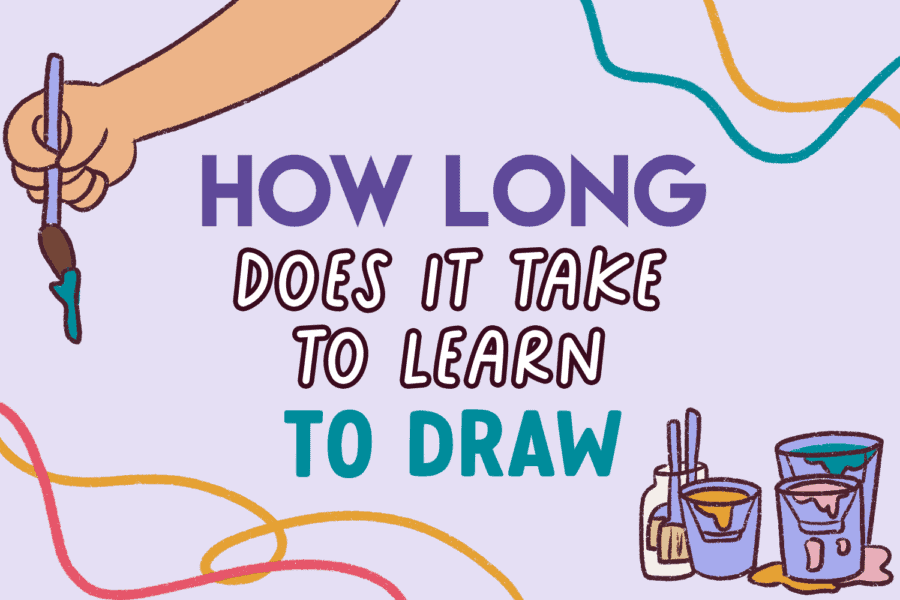
How long does it take to learn to draw? From Newbie to Pro!
On average it takes around 2 to 6 months, or somewhere between 100 to 500 practice hours, to learn to play guitar at a beginner level. At this point, you will grasp the fundamental knowledge and skills needed to play basic notes, chords, and songs on the guitar. Here is a table that shows an even more detailed timeline.

How Long Does It Take To Develop An App? Technology Rivers
However, if you study only one hour per day and don't do anything else to learn Japanese, it can take you up to twenty years to learn the language! So if you don't want to be speaking Japanese only in 2039, keep reading to see how you can shorten this time frame. You may be thinking: I don't have four or five hours per day to study Japanese!
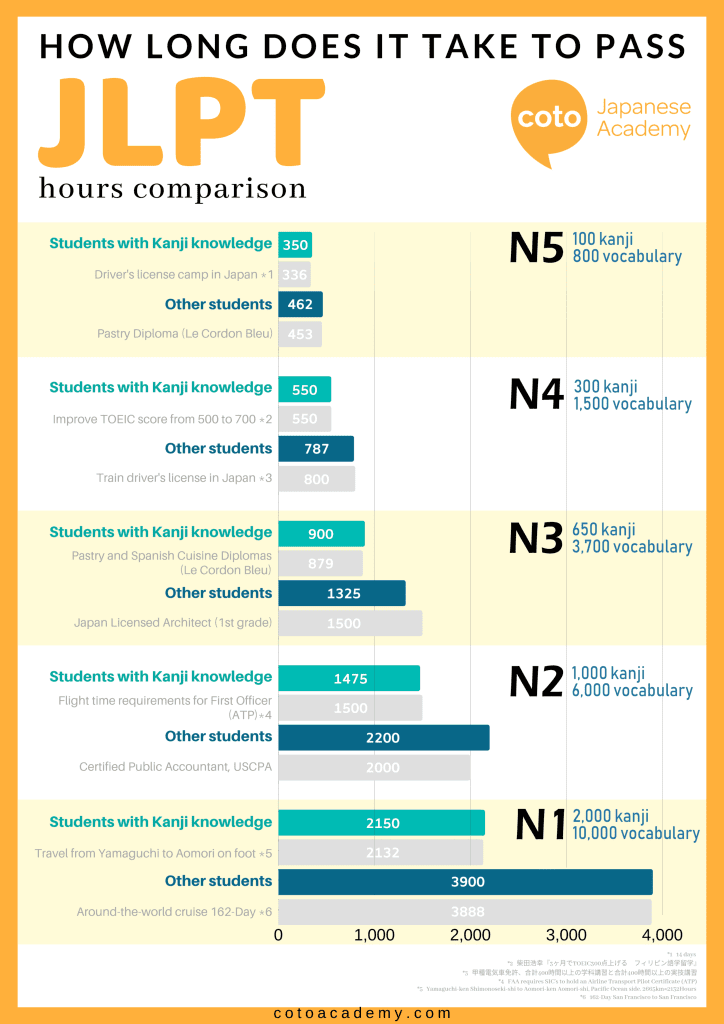
How Long Does it Take to Learn Japanese? Coto Academy
Can say words and simple sentences: 20 - 50 hours. Basic conversation: 300 - 500 hours. Daily conversation: 800 - 1,000 hours. Fluent: Talk about difficult topics 1,500 - 2,000 hours or more. Let's take a look at each of these levels in more detail. 1. Able to Say Simple Sentences and Words: 20 - 50 Hours.

How Long Does It Take For 2K23 To Download
Depending on your prior experience, you can learn enough Python relatively quickly that you'll have the ability to work with the language. After you've gained this ability, you'll step into the next phase, which is where most programmers spend most of their time. Remove ads.

How Long Does It Take For Snapchat To Approve Ad
Discover estimated learning times in hours for various languages and proficiency levels (A1-C2) here.
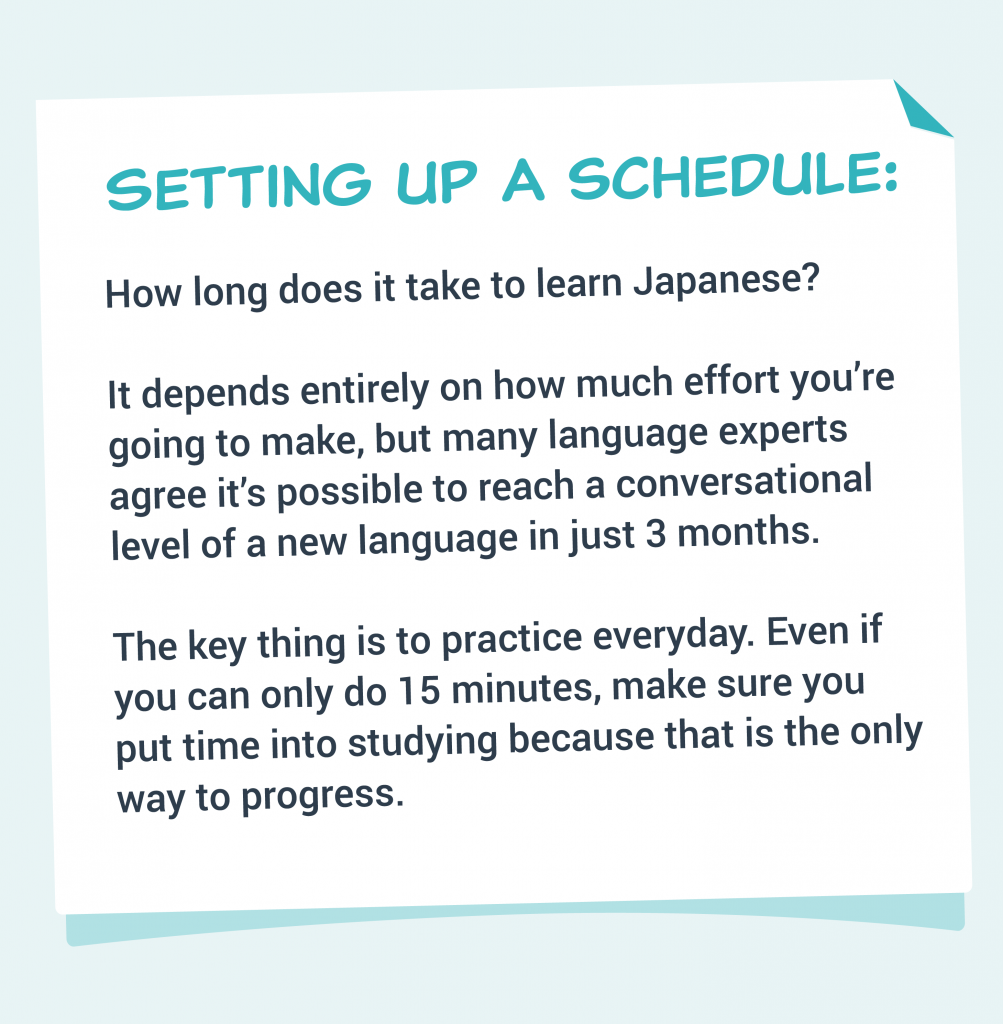
How to Learn Japanese 11 Simple Steps for Beginners (2023)
In general, it takes around two to six months to learn the fundamentals of Python. But you can learn enough to write your first short program in a matter of minutes. Developing mastery of Python's vast array of libraries can take months or years. How long it takes you to learn Python will depend on several factors, including how much Python.